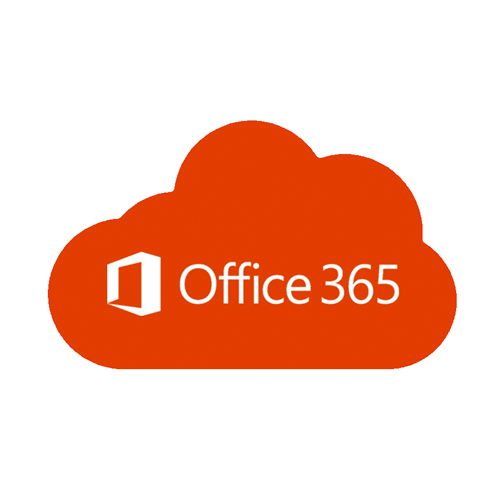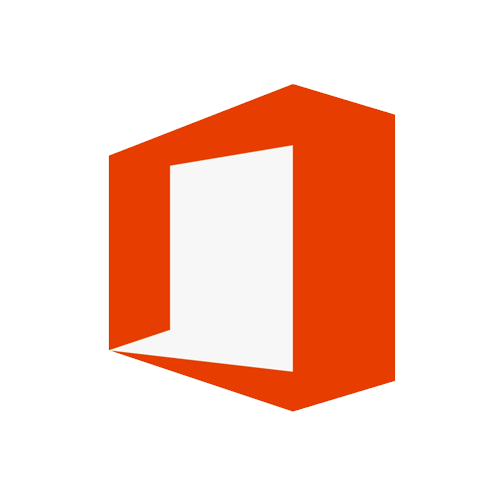Everything You Need to Know About Software Licensing
Software licensing is an essential aspect of modern business and personal computing. It defines how software can be used, distributed, and maintained. For businesses in Sri Lanka, understanding software licensing is critical for legal compliance, operational efficiency, and security. In this article, we’ll explore what a software license is, its importance, the different types of software licenses, and debunk common myths surrounding software licensing.
Contents
What is a Software License, and Why is it Important?
A software license is a legal agreement between the software developer or vendor and the end-user. It grants the user permission to install, use, or distribute the software under specific conditions. These agreements outline the scope of usage, restrictions, and rights of the user.
Importance of Software Licensing:
- Legal Compliance: Using licensed software ensures you comply with intellectual property laws, avoiding hefty fines and legal repercussions.
- Access to Support and Updates: Licensed software provides users with regular updates, security patches, and customer support, ensuring optimal performance and protection against vulnerabilities.
- Security: Licensed software is less likely to contain malware or vulnerabilities often found in pirated or unauthorized versions.
- Reputation: For businesses, using licensed software enhances credibility and trust among clients and partners.
In Sri Lanka, adhering to software licensing laws is particularly important for businesses aiming to avoid legal disputes and maintain professional integrity.
Types of Software Licenses
Understanding the different types of software licenses can help users choose the right one for their needs. Here are the most common types:
- Personal License:
- Designed for individual users.
- Typically non-transferable and limited to a single device.
- Examples: Home versions of Microsoft Office, personal subscriptions to Adobe Creative Cloud.
- Business License:
- Tailored for companies and organizations.
- Often includes multi-user access and scalable options.
- Examples: Microsoft 365 Business, Google Workspace for business users.
- OEM License (Original Equipment Manufacturer):
- Pre-installed software on new devices.
- Often tied to the hardware and non-transferable.
- Examples: Windows OS bundled with a new PC or laptop.
- Subscription-Based License:
- Requires periodic renewal (monthly or annually).
- Provides access to the latest features and updates.
- Examples: SaaS products like Salesforce, QuickBooks Online.
- Freeware and Open Source:
- Freeware: Free to use but often with limited features or usage restrictions.
- Open Source: Free to use, modify, and distribute. Examples include Linux and OpenOffice.
- Trial or Evaluation License:
- Allows users to test the software for a limited time before purchasing.
- Examples: 30-day trials for antivirus or productivity tools.
Common Myths About Software Licensing
Despite the importance of software licensing, several myths persist. Let’s debunk some of the most common misconceptions:
- Myth: Free Software Means No Licensing Needed
- Fact: Even freeware comes with a license agreement that outlines usage rights and restrictions. Ignoring these terms can still lead to violations.
- Myth: A Single License Can Be Shared Across Devices
- Fact: Most licenses are restricted to a specific number of devices or users. Sharing beyond these limits violates the agreement.
- Myth: Unlicensed Software is as Safe as Licensed Software
- Fact: Unlicensed or pirated software often contains malware, posing significant security risks to users.
- Myth: Once Purchased, a License is Valid Forever
- Fact: Many licenses, especially subscription-based ones, require periodic renewal to access updates and support.
- Myth: All Open Source Software is Completely Free
- Fact: While open-source software is free to use, certain conditions may apply, such as attributing the original creator or adhering to redistribution terms.
Conclusion
Understanding software licensing is crucial for both personal and business users in Sri Lanka. Licenses ensure legal usage, provide access to essential updates, and enhance security. By familiarizing yourself with the various types of software licenses and dispelling common myths, you can make informed decisions that protect your interests and optimize your software investments.
Whether you’re a small business owner, an IT professional, or a casual user, always prioritize licensed software. Not only does it safeguard your operations, but it also contributes to a fair and ethical digital ecosystem.



 Windows 11
Windows 11 Windows 10
Windows 10 Windows 8
Windows 8 Windows 7
Windows 7 Windows XP
Windows XP
 Microsoft 365
Microsoft 365 Office 2019
Office 2019 Office 2013
Office 2013 Office 2010
Office 2010 Project 2021
Project 2021 Project 2019
Project 2019 Project 2016
Project 2016 Visio 2021
Visio 2021 Visio 2019
Visio 2019 Visio 2016
Visio 2016
 Server 2008
Server 2008 SQL Server
SQL Server
 Avast
Avast Utility & Tools
Utility & Tools PDF Editor
PDF Editor CAD & 3D, 2D
CAD & 3D, 2D Graphics/Drawing
Graphics/Drawing Microsoft 365
Microsoft 365 Office 2021
Office 2021 Office 2019
Office 2019 Office 2013
Office 2013 Office 2010
Office 2010 Server
Server
